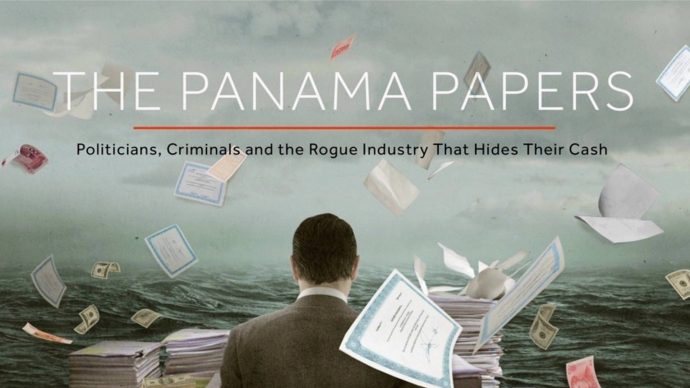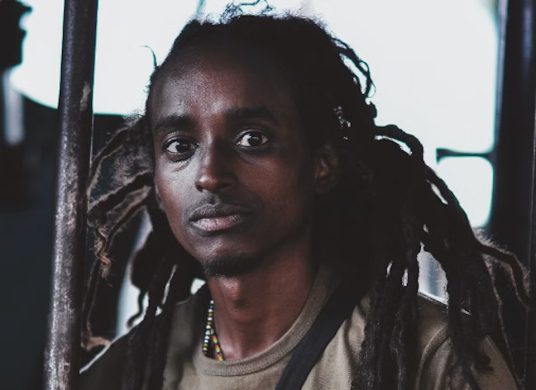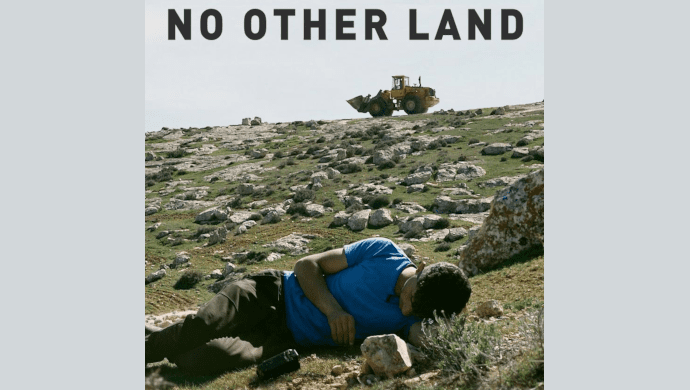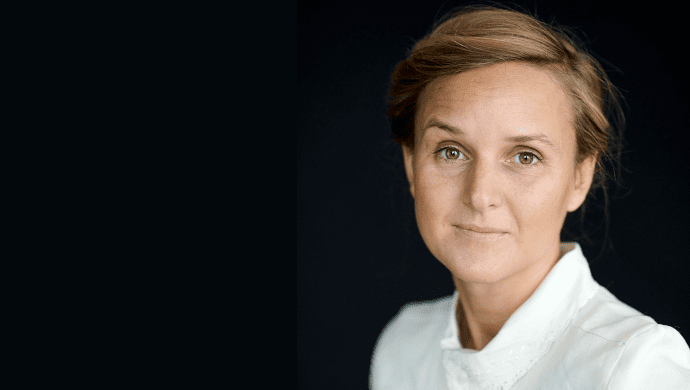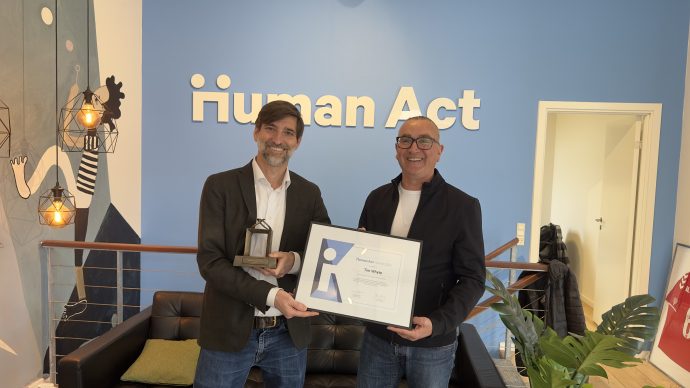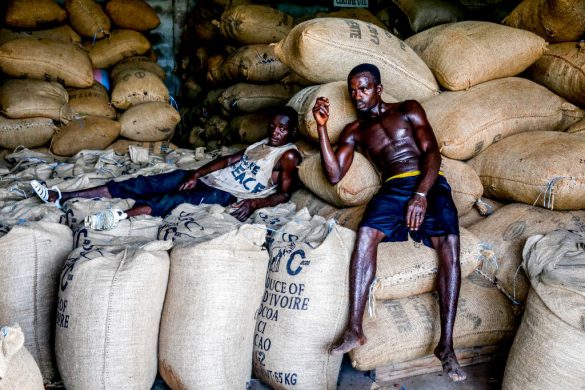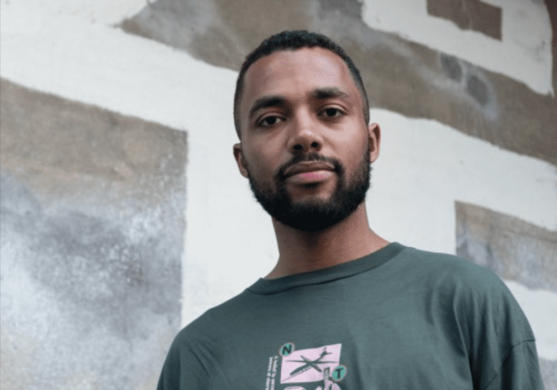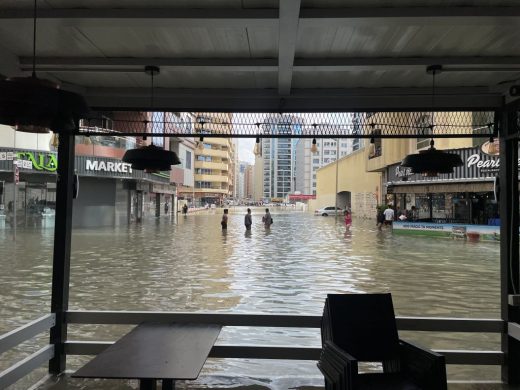Afrika mister omkring 70 milliarder dollars til skattely hvert år, betydeligt mere end kontinentet får i udviklingsbistand.
52 af 54 afrikanske lande er tilknyttet Mossack Fonsecas skattely-cirkus. I 44 lande er selskaber tilknyttet naturressourceindustrien involveret med Mossack Fonseca.
”Suspekte selskaber i skattely flytter årligt omkring 70 milliarder dollars ud af Afrika. Det er betydeligt mere end kontinentet modtager i udviklingsbistand. Når verdens rigeste og store selskaber snyder afrikanske lande for skatteindtægter og betaler korruption mister landene indtægter, der kunne have bragt millioner i skole og reddet mange menneskeliv i sundhedssektoren,” siger Lars Koch, international chef i Oxfam IBIS, i en pressemeddelelse.
”Oxfam IBIS har i mere end 8 år arbejdet med Afrikas olie, gas og mineindustri, og det er sigende, at særligt mineselskaberne næsten alle er ejet gennemkomplicerede skattely-selskabskonstruktioner og næsten aldrig rapporterer et overskud, som de skal betale skat af.”
EU og OECD må kræve registre over ejerskab
Lars Koch mener, at skattelyselskaberne bliver brugt til ihvertfald to formål: Olie og mineselskaber flytter deres overskud i skattely gennem interne handler, såkaldt mis-transfer pricing, hvor de sælger selskaber, ydelser og mineraler til en kunstig lav eller kunstig høj pris inden for koncernen, så de kan flytte overskuddet i skattely og undgå skat. Skattelyselskaber benyttes derudover også til at betale og modtage korruption for at få kontrakter og finansiere mellemmænd.
”Der er brug for en global indsats mod skattely. EU må gå foran og kræve gennemsigtighed i selskaber land for land, så vi kan se, hvordan overskuddet flyttes ud af Afrika og i skattely,” understreger Lars Koch.
Det direktivforslag, som EU præsenterede i juni måned kommer ikke afrikanske lande til gavn, fordi det kun kræver land-for-land rapportering for selskaber i EU og en række skattely, mens afrikanske lande ikke vil få indsigt i, hvad der foregår i deres lande.
”EU og OECD må dertil kræve af alle lande, at der indføres ejerskabsregistre, så man kan se hvem der er de egentlige ejere af de anonyme skuffeselskaber i skattely. Derved kan afrikanske lande finde de penge, som korrupte individer og rigmænd flytter i skattely”
OXFAM IBIS baggrund
THE PROBLEM
The latest revelations from the Panama Papers highlights the huge impact tax dodging has on the world’s poorest people. While the rich and powerful get away with paying little or no tax, governments are forced to cut spending on essential services such as healthcare and education or pass on the costs to ordinary people. This is contributing to an inequality crisis across Africa.
- The gap between rich and poor is higher in Africa than in any other region in the world apart from Latin America and the Caribbean and is growing in many countries. Seven of the world’s most unequal countries are in Africa .
- • The richest 10 people in African now have a combined wealth equivalent to the GDP of Kenya
- • The number of African billionaires has doubled since 2010. By comparison the number of people living in poverty across the continent has increased by 50 million since 1990.
- Tax havens are central to this scandal. The financial secrecy offered by tax havens allows wealthy individuals and companies to cheat African countries out of billions of dollars in revenues. This money is desperately needed to invest in healthcare, education and jobs on a continent where 38 million of primary school aged children are not in school, where 1 in 12 children die before their fifth birthday, and where 40 million young Africans (age 15 – 24) are out of work
- • Almost a third (30%) of rich Africans’ wealth – a total of $500bn – is held offshore in tax havens. It is estimated that this costs African countries $14bn a year in lost tax revenues. This is enough money to pay for healthcare that could save the lives of 4 million children and 200,000 mothers and employ enough teachers to get every African child into school.
- • Between 2013 and 2014 African businesses investments in tax havens increased by 43 percent .
- • Illicit financial flows from Africa – money being siphoned out of the continent as a result of criminal activity including tax evasion – could be as much as US $50 billion per annum. This is approximately double the official development assistance that Africa receives.
- • If illicit financial flows were stopped Chad would have the resources to cut the number of children dying before their 5th birthday within 12 years – on current income levels the country will take 104 years to achieve this goal
- • If African countries halved their ‘tax gap’ – the difference between what revenues are due to governments and what is actually collected – they could raise an additional US$112billion per year by 2020 – this is equivalent to four percent of the continent’s GDP.

